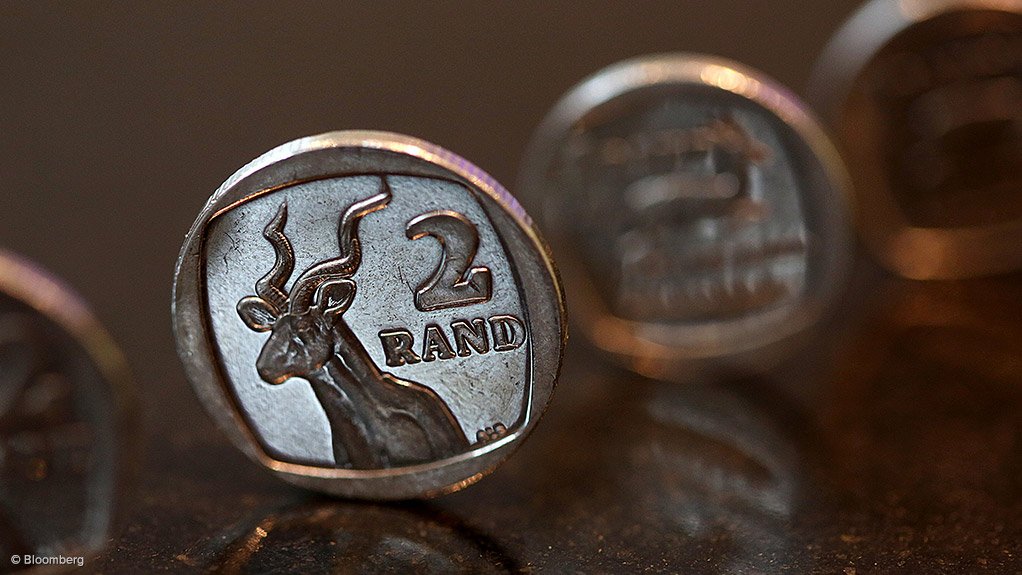South Africans may soon see the cost of consumer goods rising, with law firm Norton Rose Fulbright warning of the possible announcement of an increase in the value-added tax (VAT) rate by Finance Minister Nhlanhla Nene in his national budget speech next week.
Noting that the 2015 budget was “a tough one to predict” Norton Rose Fulbright director Andrew Wellsted told journalists on Tuesday that he hoped the fiscal conservatism of previous Finance Ministers would be carried forward into this year’s budget, which would require Nene to “divvy up a shrinking [revenue] pot”.
“It’s probably the most difficult year for a Finance Minister to deliver a budget, as many sectors are moving towards a crisis point. It is a desperately difficult juggling act, with many political considerations and he can’t make everyone happy,” he commented.
Wellsted said 2015 could be the first year in a while in which personal income tax was raised by between 1% and 2%, while an increase in the capital-gains tax rate was also a possibility.
The largest uncertainty, however, was the possible raising of the VAT rate – a move he believed would be politically unpopular, but the easiest way in which to spread rate increases across a larger tax base.
“It's the easiest way to raise revenues, but it would have a negative effect on the economic growth rate. We’re not saying that an increase in VAT will [definitely] happen, but government did commit to increased revenue collection in the medium-term budget last year.
“Our VAT rate is also relatively low when compared with other developing countries and Brazil-Russia-India-China-South Africa member States….[and] we think it is the best way to go,” Wellsted remarked.
Norton Rose Fulbright director Peter Surtees believed there was “no better way” to broaden the tax base and increase tax revenues than by a marginal increase in VAT.
“If [government] increases the VAT rate by 0.5%, there will be an initial gnashing of teeth but, in three months, everyone would have moved on, and it is [the most] effective way of narrowing the [budget] deficit,” he remarked.
Engineering News Online reported last week that Standard Bank chief economist Goolam Ballim had offered an arithmetical and philosophical case for government turning to VAT to bolster revenues in the current context of weak growth and an increasing necessity for fiscal tightening.
While acknowledging that raising VAT will be controversial, owing to the fact that it was not a progressive tax, he argued that there was more scope to increase taxes on consumption than on corporates.
“Many would argue that when you target VAT it doesn’t have the progressive hallmarks of a capital-gains tax, or raising the marginal income tax rate. But it still stands out as a lever that government can pull,” he was quoted as saying.
Norton Rose Fulbright, meanwhile, did not anticipate an increase in the corporate tax rate but did not rule out a possible rise in the fuel levy.
Director Dale Cridlan said South African firms were likely to see an intensified drive by the South African Revenue Service (Sars) to ensure tax compliance and prevent companies from implementing tax avoidance measures, such as transferring profits to low-tax jurisdictions.
“Government could look more closely at the role of accountancy firms in tax avoidance activities and I suspect that Sars will pay attention to profit-shifting, particularly by South African mining companies.
“This remains a topical issue and, through the workings of the Davis Tax Committee, we could see some measures coming through in the next few years,” he noted.
Cridlan further asserted that there was unlikely to be an increase in the tax rate for mining companies until the committee had concluded its investigation into the taxing of this sector.
Nene would deliver his budget speech in Parliament on February 25.
EMAIL THIS ARTICLE SAVE THIS ARTICLE
To subscribe email subscriptions@creamermedia.co.za or click here
To advertise email advertising@creamermedia.co.za or click here











